 Welcome
Welcome
“May all be happy, may all be healed, may all be at peace and may no one ever suffer."
Norovirus infection
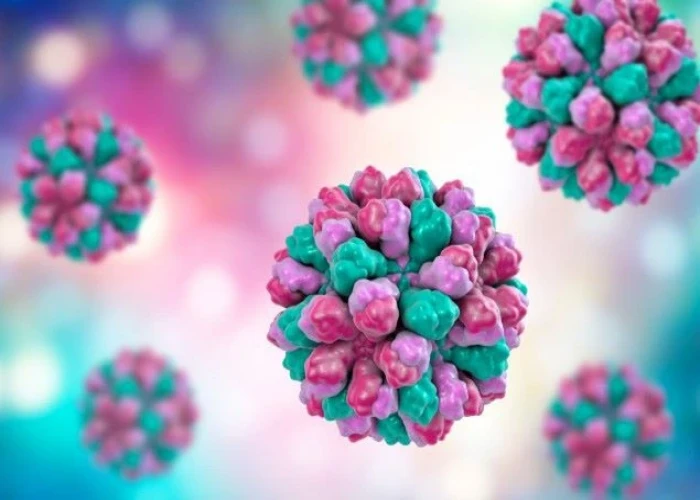
Norovirus infection, also known as the "stomach flu" or "winter vomiting bug," is a highly contagious viral infection that causes gastroenteritis, an inflammation of the stomach and intestines. It is one of the most common causes of gastroenteritis worldwide and can occur at any age.
Norovirus is transmitted through contaminated food or water, contact with an infected person or contaminated surfaces, or by aerosolization of vomit or fecal matter. Symptoms usually appear 12 to 48 hours after exposure and can last for 1 to 3 days. Common symptoms of norovirus infection include:
- Nausea and vomiting
- Diarrhea
- Stomach cramps and pain
- Low-grade fever
- Headache
- Muscle aches
- Fatigue
Most people with norovirus infection recover without treatment, but dehydration can occur in severe cases, especially in young children, older adults, and people with weakened immune systems. Treatment may include replacing lost fluids and electrolytes with oral rehydration solutions or intravenous fluids in severe cases. Antibiotics are not effective against norovirus, as it is a viral infection.
Preventing the spread of norovirus infection involves practicing good hygiene, such as frequent hand washing with soap and water, disinfecting contaminated surfaces, and avoiding contact with infected people or their bodily fluids. Food handlers should also take precautions to prevent contamination of food and surfaces. Vaccines are not currently available for norovirus infection.
Research Papers
Disease Signs and Symptoms
- Nausea or vomiting
- Abdomen pain
- Abdomen cramps
- Diarrhea
- Fever
- Muscle pain
Disease Causes
Norovirus infection
Noroviruses are highly contagious. That means the norovirus infection can easily spread to others. The virus is shed in stool and vomit. You can spread the virus from the time you first have symptoms of illness until several days after you recover. Noroviruses can stay on surfaces and objects for days or weeks.
You can get norovirus infection by:
- Eating contaminated food
- Drinking contaminated water
- Touching your hand to your mouth after your hand has been in contact with a contaminated surface or object
- Being in close contact with a person who has norovirus infection
Noroviruses are difficult to kill because they can withstand hot and cold temperatures and many disinfectants.
Disease Prevents
Norovirus infection
Norovirus infection is highly contagious. There are many types of noroviruses. Anyone can get norovirus infection more than once.
To prevent norovirus infection:
- Wash your hands thoroughly with soap and water for at least 20 seconds, especially after using the toilet or changing a diaper and before you prepare food and eat or drink. Alcohol-based hand sanitizers aren't as effective against noroviruses as using soap and water.
- Avoid contaminated food and water, including food that could have been prepared by someone who was sick.
- Wash fruits and vegetables before eating.
- Cook seafood thoroughly.
- Disinfect surfaces that might have been contaminated. Wear gloves and use a chlorine bleach solution or a disinfectant that is effective against noroviruses.
- Use caution when traveling. If you're traveling to areas with a high risk of norovirus infection, consider eating only cooked foods, drinking only hot or carbonated beverages, and avoiding food sold by street vendors.
To help prevent norovirus infection spread, during illness and for 2 to 3 days after your symptoms end:
- Avoid contact with others as much as possible.
- Wash your hands thoroughly with soap and water.
- Stay home from work. Children should stay home from school or child care.
- Avoid handling food and items to be used by other people. Disinfect contaminated surfaces with a disinfectant effective against noroviruses.
- Dispose of vomit and stool carefully. Wearing disposable gloves, soak up material with disposable towels. Disturb soiled material as little as possible to avoid spreading noroviruses by air. Place soiled items in plastic bags and place them in the trash. Remove and wash clothes and linens that may be contaminated.
- Avoid traveling until 2 to 3 days after your symptoms are gone.
Disease Treatments
There's no specific treatment for norovirus infection. Recovery generally depends on the health of your immune system. In most people, the illness usually resolves within a few days.
It's important to replace lost fluids. Oral rehydration solutions may be used. If you're not able to drink enough fluids to prevent dehydration, you might need to receive fluids through a vein (intravenous).
Your health care provider might recommend over-the-counter anti-diarrheal medication and medication to reduce nausea.
Disease Diagnoses
Disease Allopathic Generics
Disease Ayurvedic Generics
Disease Homeopathic Generics
Disease yoga
Norovirus infection and Learn More about Diseases
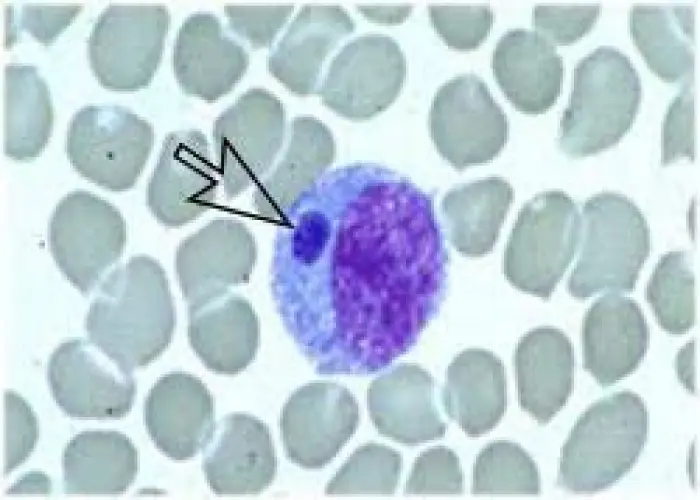
Ehrlichiosis and anaplasmosis
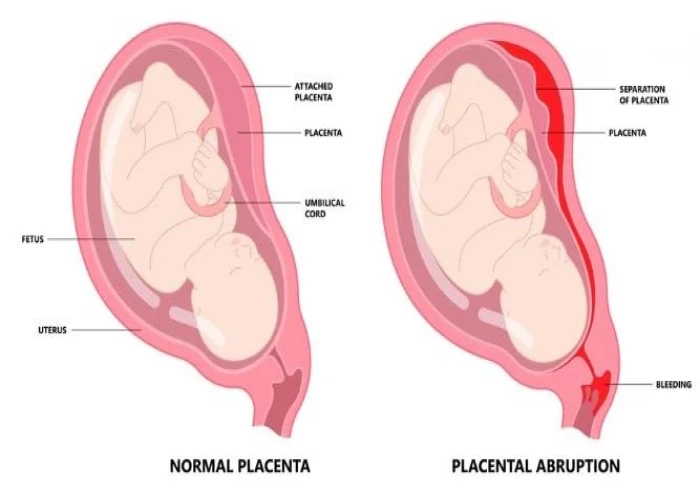
Placenta accreta

Nearsightedness
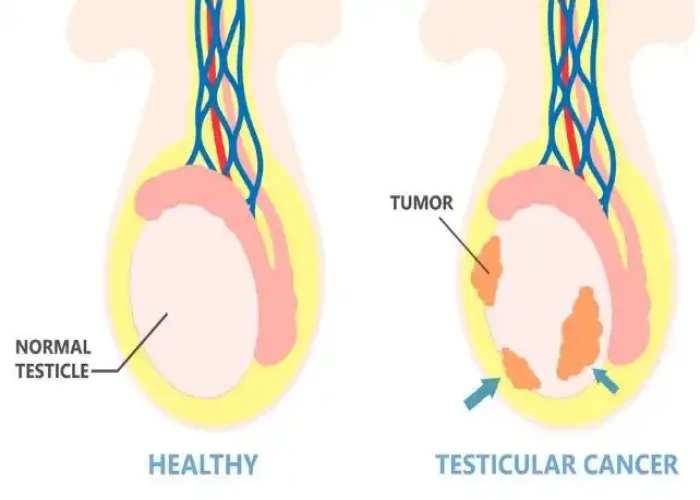
Undescended testicle
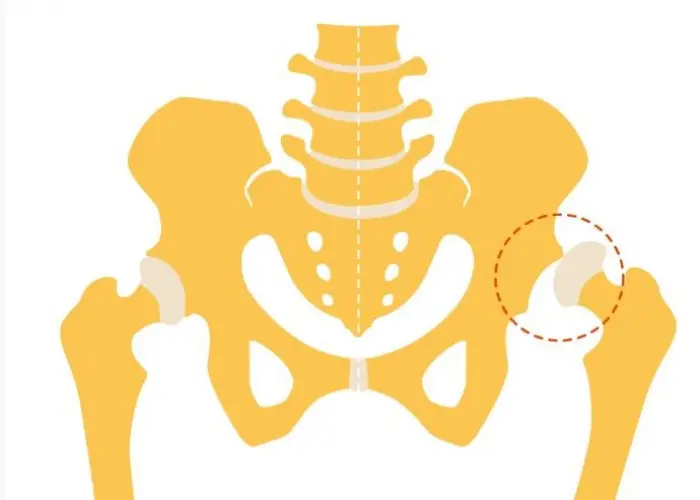
Hip dysplasia
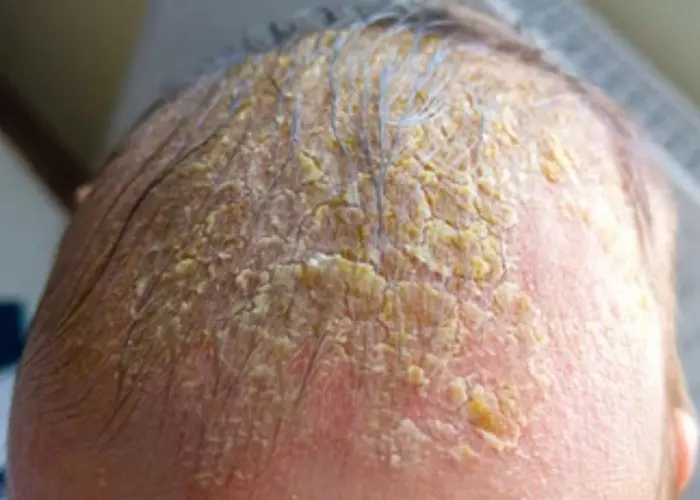
Cradle cap

Anxiety disorders

Hemorrhoids (Piles)
norovirus infection, নোরোভাইরাস সংক্রমণ
To be happy, beautiful, healthy, wealthy, hale and long-lived stay with DM3S.
